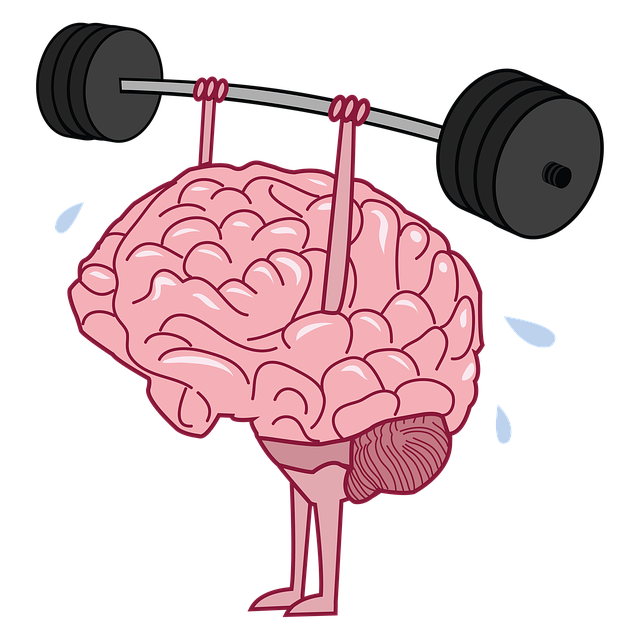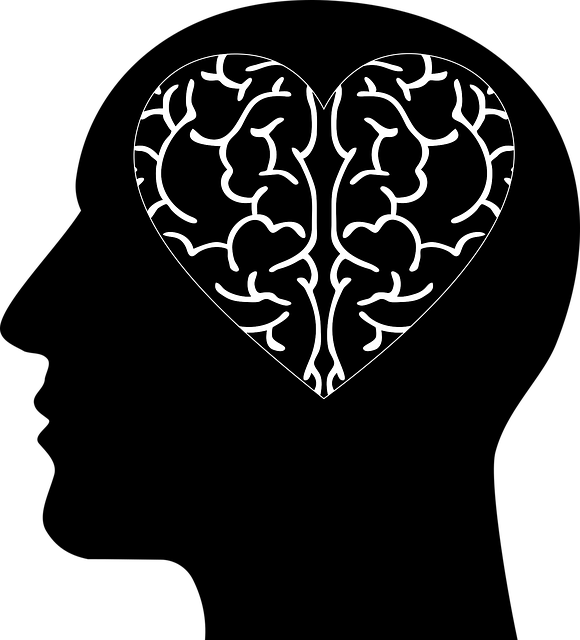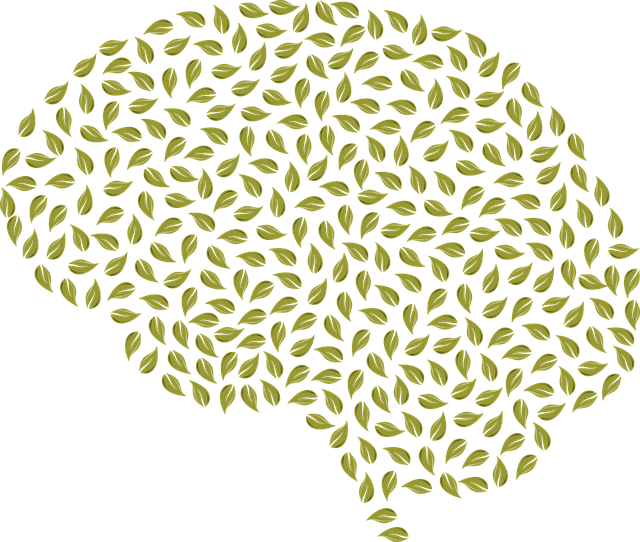Public awareness campaigns play a vital role in educating communities about mental health, focusing on anger management through accessible platforms like social media and community events. These initiatives dispel myths about therapy, encourage individuals to recognize uncontrolled anger's signs, and promote healthy coping mechanisms. Targeted messaging tailored to demographics, from teens to at-risk communities, and compelling content featuring personal stories and self-care strategies are key to success. Risk assessments for professionals and strategic planning with KPIs ensure the effectiveness of these campaigns in fostering emotional well-being and community resilience, emphasizing Therapy for Anger Management.
Public awareness campaigns play a pivotal role in educating communities about mental health issues, particularly therapy for anger management. This article delves into the strategic development of such campaigns, offering insights on understanding the target audience’s unique needs and designing compelling content. We explore effective implementation methods and evaluation techniques to maximize impact. By embracing these steps, we can foster widespread awareness, encouraging individuals to seek help for their anger management challenges.
- Understanding Public Awareness Campaigns for Anger Management
- Identifying Target Audiences and Their Unique Needs
- Designing Compelling Content and Messaging
- Implementing and Evaluating the Campaign's Effectiveness
Understanding Public Awareness Campaigns for Anger Management

Public awareness campaigns play a pivotal role in educating communities about various aspects of mental health, including anger management. These initiatives are designed to reach a wide audience and dispel myths surrounding therapy for anger management. By using accessible mediums like social media, community events, and even Mental Wellness Podcast Series Production, these campaigns can help individuals recognize the signs of uncontrolled anger and encourage them to seek inner strength development.
Anger is a natural emotion, but when it becomes unmanageable, it can lead to significant problems in daily life. Public awareness efforts aim to normalize conversations about anger and promote healthy coping mechanisms. In light of this, campaigns often incorporate strategies for burnout prevention among healthcare providers, as they are at high risk of experiencing heightened anger due to job-related stressors. Through engaging content and relatable stories, these initiatives can inspire individuals to take control of their emotional well-being and explore therapy for anger management as a means to enhance their overall mental wellness.
Identifying Target Audiences and Their Unique Needs

Identifying target audiences is a crucial step in developing effective public awareness campaigns. Each demographic has its own unique needs and challenges, demanding tailored approaches to ensure messages resonate deeply. For instance, campaigns focused on promoting therapy for anger management among teenagers should prioritize engaging with them through social media platforms they frequently use, employing relatable content creators, and addressing peer pressure and self-esteem improvement as key issues. By understanding the specific triggers and communication channels of various age groups, cultural backgrounds, and genders, campaign organizers can craft compelling narratives that encourage open dialogue about mental health.
Furthermore, when crafting public awareness campaigns, incorporating crisis intervention guidance and conflict resolution techniques into educational materials can be invaluable. This is especially true for at-risk communities grappling with high-stress environments or ongoing conflicts. Providing accessible resources on managing anger, resolving disputes peacefully, and seeking support during crises empowers individuals to break negative cycles. By offering practical tools like mindfulness exercises, communication strategies, and referral information for professional help (including therapy for anger management), these campaigns contribute to building resilient communities capable of navigating challenges with greater equanimity and constructive solutions.
Designing Compelling Content and Messaging

Creating compelling content is pivotal for effective public awareness campaigns on sensitive topics like anger management. When discussing therapy for anger management, it’s crucial to strike a balance between providing valuable information and engaging audiences emotionally. Messaging should be clear, non-stigmatizing, and accessible, addressing common misconceptions surrounding mental health issues. Incorporating personal stories or testimonials from individuals who have successfully navigated anger management can humanize the issue, fostering empathy and understanding among the public.
Public awareness campaigns must also emphasize practical steps for self-care practices that complement professional interventions. Encouraging open dialogue about emotional well-being, without judgment, is essential. Integrating self-care strategies into the campaign narrative allows individuals to take proactive measures towards managing anger healthily. This holistic approach not only benefits those directly seeking therapy but also promotes mental resilience in the broader community. Additionally, a risk assessment for mental health professionals is vital to ensure their safety while engaging with clients who exhibit intense anger or violent tendencies.
Implementing and Evaluating the Campaign's Effectiveness

Implementing a public awareness campaign for Therapy for Anger Management requires strategic planning and careful evaluation to ensure its effectiveness. Once launched, measuring the impact is crucial to understanding if the message is reaching and positively influencing the target audience. This involves tracking key performance indicators (KPIs) such as campaign reach, engagement levels, and changes in perceived attitudes towards anger management.
By analyzing these metrics, organizers can gauge whether participants are more likely to seek emotional healing processes, demonstrate enhanced emotional intelligence, or exhibit signs of inner strength development as a result of the campaign. This iterative process allows for continuous improvement, ensuring that future campaigns are refined and targeted more accurately to address the specific needs of communities seeking anger management support.
Public awareness campaigns play a pivotal role in educating communities about anger management, a crucial aspect of mental health. By understanding target audiences and tailoring content effectively, we can create impactful initiatives. Implementing these campaigns with a clear strategy and evaluating their success ensures that resources are utilised optimally, potentially reducing anger-related issues within society. Remember, therapy for anger management is accessible, and raising awareness is the first step towards fostering healthier relationships and communities.












